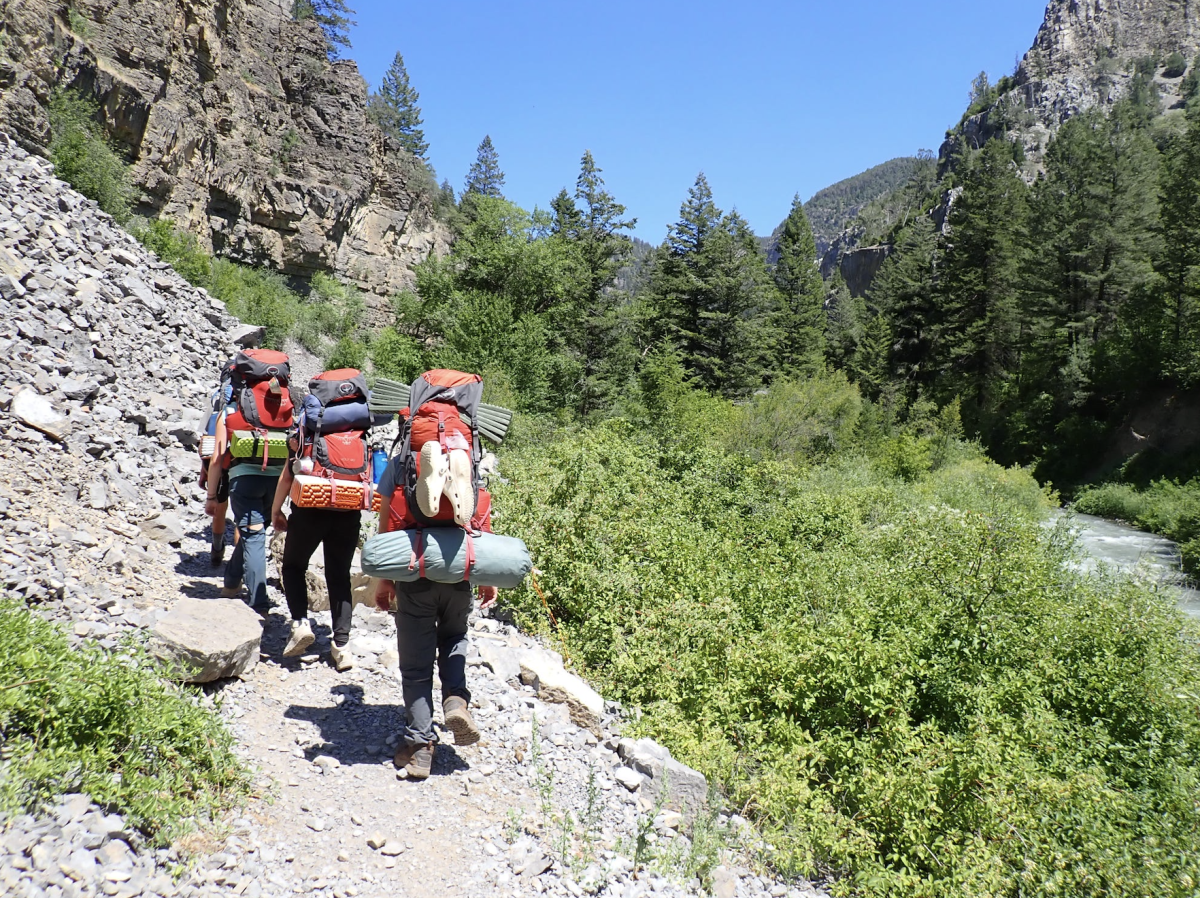At the beginning of the 2025 school year, many students in chemistry, biology, and physics noticed the new grading scale for assessments and classwork. Specifically, putting more weight on assessments to better reflect the students’ understanding, while classwork becomes much less weighted. In physics, 90% of students’ grades will be based on assessments, while 10% of their grades will be based on classwork. Additionally, in chemistry, 15% of students’ classwork will contribute to their total grade, and 85% will come from assessments. Lastly, biology now has 80% of students’ assessments making up students’ grades, and only 20% is their classwork. According to teachers, the purpose of the change is to encourage students to participate in classwork more seriously, better prepare for assessments, and show the students’ overall understanding of the material.
Sophomore Olivia Riedy is a current student in chemistry who is affected by the new grading scale. Riedy said she isn’t a fan of the change, since a bad test score could drop her grade. She also states that Riedy explained that swimming and other sports take up most of her afternoons. “I have practices every day,” Riedy said, adding that balancing athletics and academics will be more difficult. Going further, her mindset on classwork being weighted less will change, because “I won’t like [classwork] ’cause I’ll have to study more and we’ll have to probably miss out on other things.” As well as mindset on assessments, because “I’ll have to be more worried about them and [making] sure I know everything before my test.”

Hailey Rigley, a current freshman in biology, has also shared her opinion on the grade scale. While Rigley admits the new scale creates ‘a little bit more stress,’ she maintains that she ‘feels fine’ because she already studies regularly.” “As a result, Rigley plans to ‘study a little harder and try to find more time to study instead of goofing around in class.'” She also states that because of having to take extra time studying, “[She will] have less time to do what [she wants] to do, like, hang out with [her] friends and [her] family and all of that because [she’ll] be studying for assessments.” This time crunch will be especially challenging since Rigley plays on the Berkeley volleyball team.” The team practices from 6-8 every day, and Rigley noted that ‘on game days we get home usually a little later,’ leaving her with even less study time. However, Rigley’s approach to homework won’t change since she views assignments as ‘easy grade boosters’ that can help when test scores are low. Furthermore, her mindset on assessments will change, as she will begin to “take assessments more seriously.”
Junior Cienna Johnson, who takes physics, offers a different perspective on the grade scale. Johnson believes “students who struggle in their assessments” will find the new system more challenging. Additionally, to succeed under the new system, Johnson plans to “make sure that I do well on my test, so the weighting doesn’t mess up my grade.” Johnson acknowledged she “might have to study more” by blocking off additional time to avoid poor test performance. However, Johnson explained, marching band commitments, including frequent practices and games, will limit her available study time.
Mr. Austermann, the physics and biology teacher, explained his reasoning behind the grade scale change. The key reason we’re shifting to 90% assessment grade,” Austermann explained, “is because we want grades to reflect student learning and mastery.” Austermann noted that past grading included “extra credit or coursework” that didn’t require deep thinking, which skewed grade accuracy. “Assignments like that shouldn’t heavily impact grades,” Austermann said. “A grade should indicate exactly what a student knows about the content and standards.” So that’s why physics we’re shifting to much more assessment-based versus class work.” He continues, “[classwork] we have as 10%, really, we chose that as the science department. Originally, we were making a push for 100% of the grade to be based on assessment. But that seemed like a large change to happen in just one year. So there’s a kind of scaffolded version that we’re doing between biology, chemistry, and physics. “Biology uses 20% classwork and 80% assessments. Chemistry, typically taken in students’ second year, weighs classwork at 15% and assessments at 85%. Physics has the highest assessment weight at 90%, with only 10% classwork.”
In the end, as students in physics, biology, and chemistry go through this new school year, there are many different opinions on the new grading scale. Some students believe the grading scale will push them to prepare more seriously for tests, while others worry it will add pressure and eliminate motivation for daily classwork. As the year progresses, science teachers and students will monitor whether the new grading scale improves learning or creates excessive pressure around assessments.









